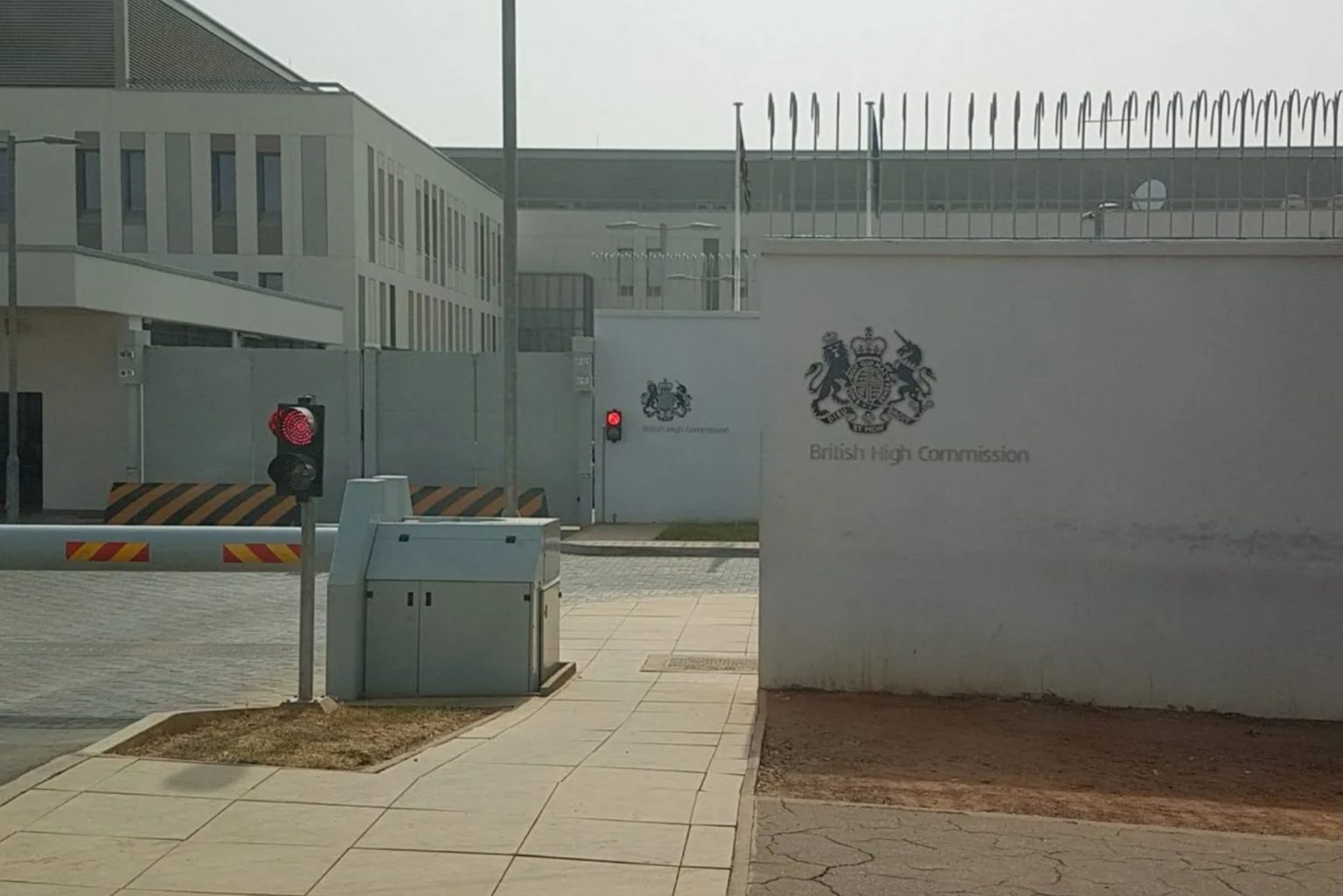
The Call to Action; How We Can Contribute to the War Against Climate Change
That climate change is a problem is no longer news. The actual news that is worth paying attention to is that a failure to face this pressing problem now, would continually increase the habitability of the planet, and more than that, threatens the entire existence of mankind. The truth in both facts can be clearly seen in the increased risk of natural disasters, and more notably, global warming. As such, there is a need to understand the extent of the roles to be played by the various stakeholders in ensuring that the war against climate change is won as soon as possible.
Who are the Stakeholders?
Before proceeding, there is a need to clearly identify who the stakeholders are in the war against climate change. For a lot of people, they believe the stakeholders are the government, and energy or power-generating companies. However, here at Basscomm, we are convinced that the stakeholders in the war against climate change should be, and is indeed, every single one of us. To that end, we have divided the stakeholder groups into four;
- Government
- Businesses
- Individuals
- Power-generating/ Energy utility companies.
All of the stakeholders highlighted above all have very important roles to play in the war against climate change. Needless to say, for the war against climate change to be more easily won, it is extremely important that all of the stakeholders work together in cooperation and that even amongst each stakeholder subset, there is uniformity of purpose, and accountability. That way, there would an increased pressure on stakeholders to continually work towards a sustainable environment, while those who are already working actively towards it would feel incentivized to do more as they are beginning to see that their efforts are yielding results as against being rendered vain by the activities of an uncooperative few.
To this end, the subsequent part of this article will explore the roles to be played by the government to foster the war against climate change while subsequent ones will examine other stakeholders severally.
The Role of the Government in Combatting Climate Change
In every nation of the world, the government has many roles to play to push the war against climate change. In fact, one can say, that the posture of the government towards climate change would generally determine the posture of such nations towards it too. In the simplest terms, the government is usually expected to set the pace for climate change in any country. The roles they play to do this include;
→ Regulation: it is the role of the government to create regulations that enhance environmental sustainability in a nation and also create regulatory bodies to ensure this. This includes the creation of regulatory benchmarks for the emissions of GHGs and the setting of strict guidelines as to how effluent wastes are handled by its producers amongst other things. Of course, this role is incomplete without enforcement, punishments and the likes. An example of the expression of regulatory duties in Nigeria is the creation of the NESREA Act and a body (National Environmental Standards and Regulations Enforcement Agency) with the same name, not to forget the regulatory benchmarks set for oil companies in Nigeria.
→ Synergy: This simply refers to the government making conscious efforts to ensure collaboration amongst other stakeholders in the climate change war. This can be seen from two perspectives; domestic synergy, and international synergy. The latter refers to how the government ensures stakeholders are cooperative towards one another within their territory, while the latter refers to how the governments of nations work with themselves either through aid in terms of funding or having international conferences to chart a path forward in the climate change war. A perfect example of this is the COP conference which holds annually.
→ Policy Making: This is how the government formulates policies that help to encourage environmentally sustainable initiatives, while also discouraging ones that lead to global warming and environmental degradation. Some of the policies could be in form of tax incentives, and industry growth initiatives, amongst others. An example of such policy in Nigeria is the National Gas Expansion Programme and the Net Zero by 2060 amongst others.
Above all, all of these roles are intertwined and cannot be exclusively separated from one another in a strict sense. Hence, it is the duty of every government to actively embrace each role and do it effectively. Here at Basscomm, we are keen on helping the government and every other stakeholder in the war against climate change and as such, we provide solar installation services at the most affordable rates. Interested in joining the train, click here to get started today.







